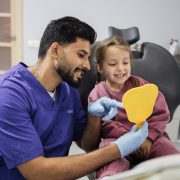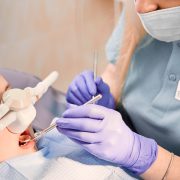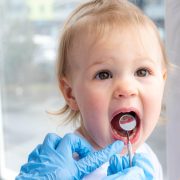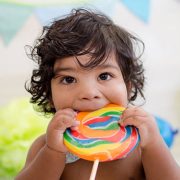4 Reasons to Brush Your Baby’s Tooth
Your baby’s tooth is so cute, isn’t it? It’s hard to imagine that tooth could ever need to be brushed because it looks so perfect. All the same, baby teeth need to be brushed just like adult teeth.
Brushing your baby’s tooth is an important part of maintaining your baby’s oral hygiene. Your baby’s dentist in Seminole, FL, and St. Petersburg, FL can help you learn how to brush your baby’s tooth – but do you understand why it needs to happen? Brushing your baby’s tooth is important for a variety of reasons.
1. It Gets Your Baby Used to Toothbrushing
Babies need to have their teeth brushed every day. Starting your baby on this routine early gets them used to tooth brushing at an early age.
2. It Gets You In the Habit
Your baby isn’t the only person who will need to get used to toothbrushing. You will, too! You’ll be responsible for brushing your baby’s teeth on a regular basis until they’re old enough to do it themselves, and that will be years from now. Starting tooth brushing now gets you in the habit of brushing your baby’s teeth every day.
3. Your Baby’s Tooth Should Stay Clean
Baby teeth need to stay clean, even when there’s only one of them. Brushing their teeth keeps bacteria and food debris out of your baby’s perfect mouth.
4. Teaches Your Baby About Oral Hygiene
Your baby will learn about oral hygiene from you. These early introductions to oral hygiene can help with the process. Want to learn more about how to take care of your baby’s teeth? Make an appointment for a dental exam in Seminole, FL, and St. Petersburg, FL.














